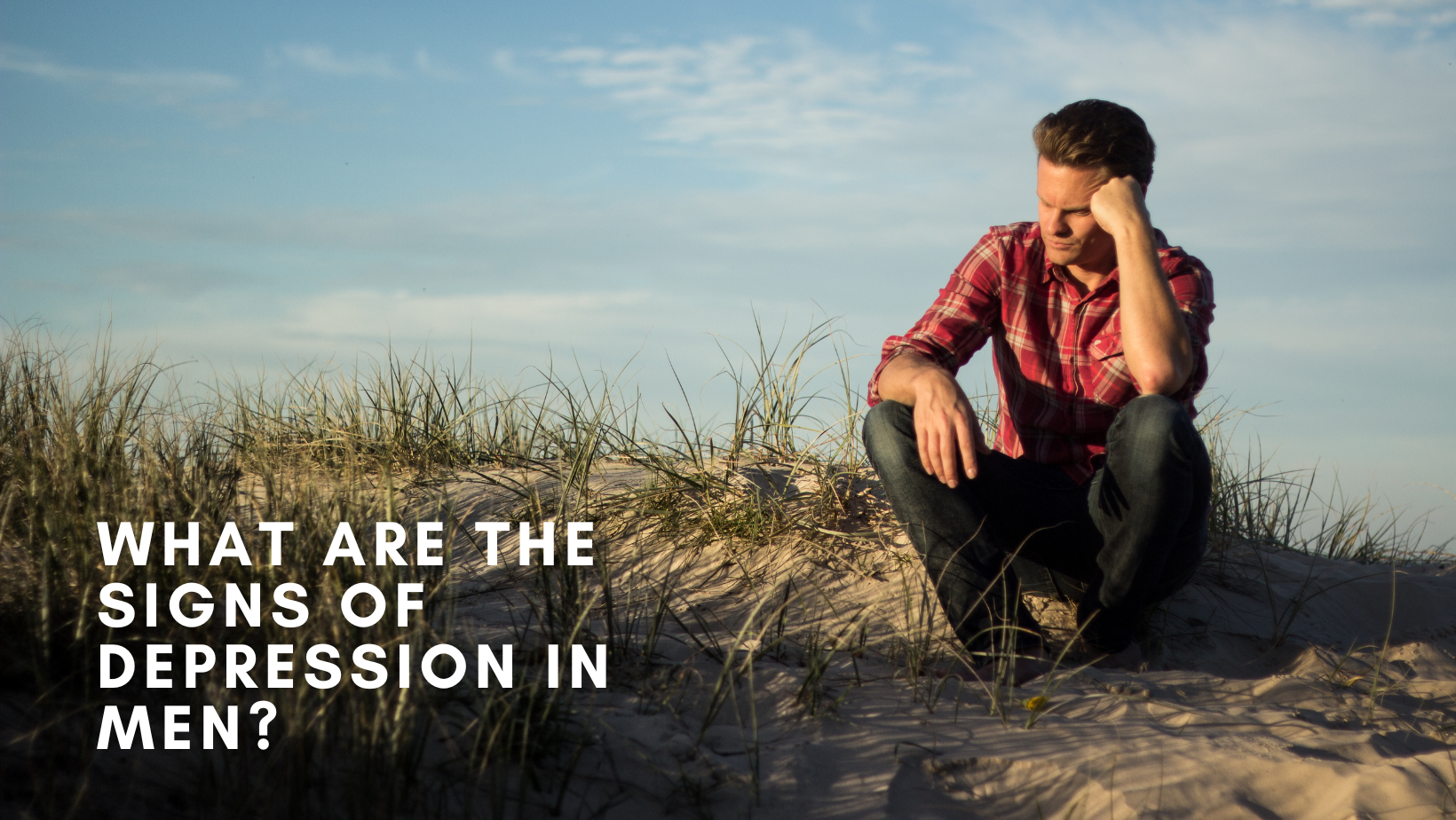
What are the signs of depression in men?
Depression is a complex mental health condition that affects millions of people worldwide, regardless of age, gender, or background. While depression is commonly associated with women, it is crucial to recognize that men also experience this condition but may exhibit different signs and symptoms. Unfortunately, societal expectations and the stigma surrounding mental health often prevent men from seeking help, making it vital to understand the signs of depression in men. This article aims to shed light on the unique indicators of depression in men, facilitating awareness and fostering a supportive environment for those who may be silently struggling.
1. Emotional Changes:
Men experiencing depression may display distinct emotional changes that differ from the traditional stereotype of sadness. These may include:
a) Irritability and Anger: Rather than expressing overt sadness, men may exhibit heightened irritability, a short temper, or unexplained anger. This emotional response can be misinterpreted as aggression or frustration, causing the underlying depression to go unnoticed.
b) Emotional Detachment: Men with depression may become emotionally distant, appearing disinterested or disconnected from their surroundings. They may withdraw from activities they once enjoyed, isolate themselves from loved ones, or display a lack of enthusiasm in social interactions.
Consult to the best depression treatment doctor in Jaipur.
2. Behavioral Changes:
Depression often manifests in behavioral changes that can be observed in men. These may include:
a) Changes in Sleep Patterns: Insomnia or increased sleepiness are common indicators of depression in men. Some may experience difficulty falling asleep, while others may struggle to wake up, oversleeping and feeling fatigued despite sufficient rest.
b) Escapist Behavior: Men may engage in escapist behaviors such as excessive drinking, drug abuse, compulsive gambling, or reckless driving as a means of temporarily avoiding or numbing their emotional pain.
c) Decreased Productivity: Depression can significantly impact a man’s ability to concentrate, make decisions, and perform well in his personal and professional life. This may lead to a decline in productivity, missed deadlines, or a loss of interest in previously enjoyable activities.
3. Physical Symptoms:
Depression can also manifest in various physical symptoms that are often overlooked in men. These may include:
a) Unexplained Aches and Pains: Persistent headaches, stomachaches, muscle aches, and other physical discomforts can be manifestations of underlying depression in men. These symptoms may not respond well to medical treatments alone.
b) Sexual Dysfunction: Depression can affect a man’s sexual desire, leading to a decrease in libido, erectile dysfunction, or difficulties achieving orgasm. These issues may be embarrassing for men to discuss, further contributing to their reluctance to seek help.
Conclusion:
Recognizing the signs of depression in men is crucial for early intervention and support. By understanding that depression can manifest differently in men than in women, we can break down the barriers that prevent men from seeking help and encourage open conversations about mental health. It is essential to create an inclusive and empathetic environment that promotes understanding and destigmatizes depression in men. If you or someone you know exhibits these signs, reaching out to a mental health professional or support network can be a vital first step toward healing and recovery. Also, you can visit Dr. Kapil Sharma, he is the best psychiatrist in Jaipur. Remember, seeking help is a sign of strength, and no one has to face depression alone.

